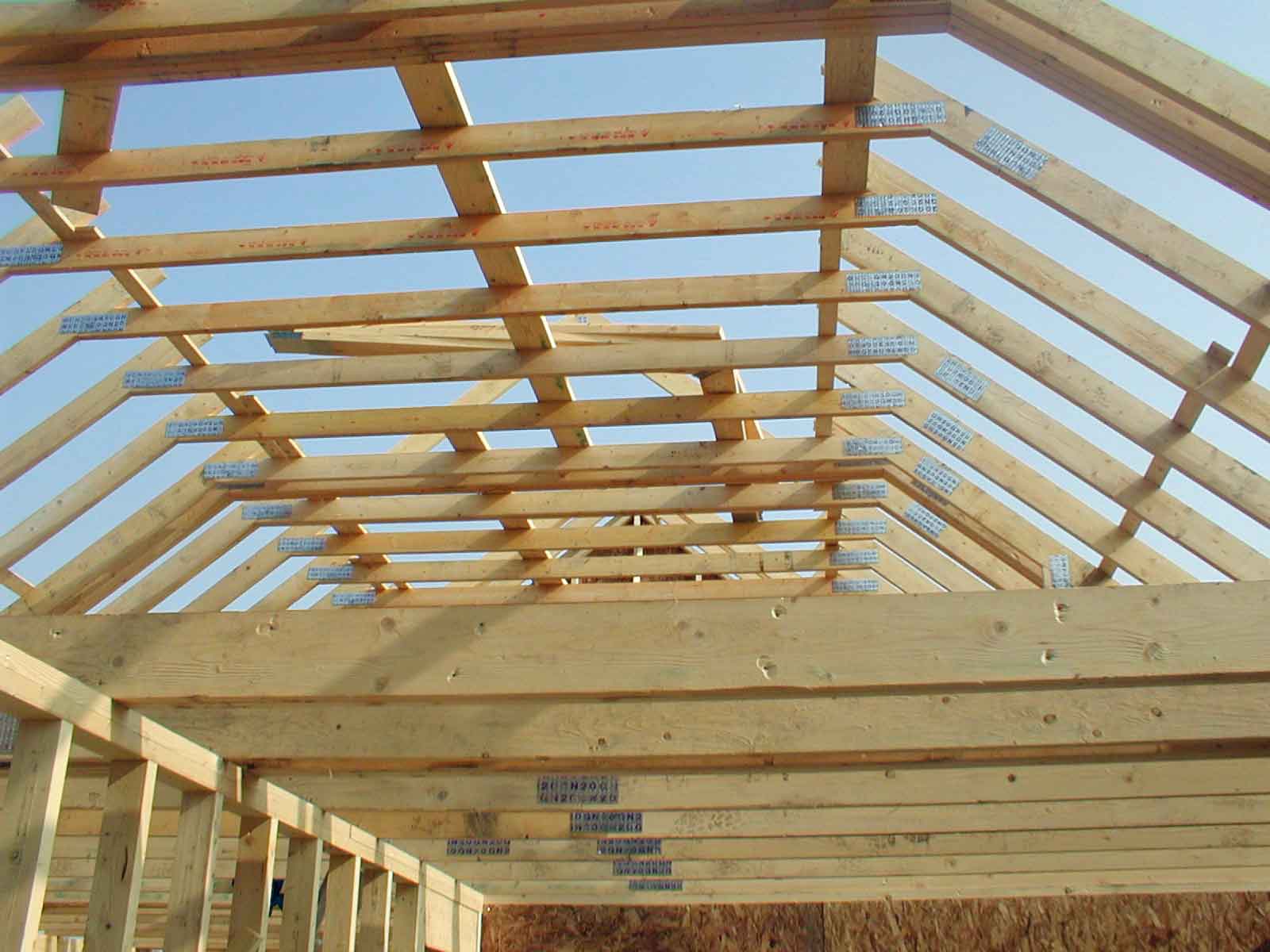Typical Specification NBS- Strength-Stress C24 Graded Timber (Bulk)

Strength Graded Construction Timber / Joists C16 C18 C24 Puidukoda
Suppliers of Bulk, Wholesale – Typical C24 Timber Graded Joist NBS Specification- Strength / Stress Graded Timber Joist. Bulk graded premium timber supplied to Offsite, Modular Construction, Joinery, Mass Timber, Builders, Timber Merchants.Download more information on

Timber Joists Puidukoda UK Ireland
structural stress graded joists C16, C18, C24 in our downloads section.
G2 – Structural Timber
Clauses 108 and 302 for products
Species: Whitewood Spruce
Size: 45x220mm (example refer to other sizes)

C24 Graded Timber Packs Softwood bulk wholesale
Certification: FSC Chain of Custody ( to achieve good/excellent BREEAM rating)
Strength Class: C24 (T2)
- CE Marking and Standards: planed regularised Strength Graded timber boards, carcassing is C24. The standards considered are BS EN 14081-1:2016 and BS EN 338: 2016, BS 4978, BS 336
Treatment if required any of the following specifications are commonly used although wood preservative manufactures can develop specifications.
- National Building Specification NBS Z12 Preservative and Fire Retardant Treatment
- BS 8417 Preservation of wood. Code of Practice
Commodity Specifications ( C1 to C12) in Wood Protection Association (WPA) Manual Industrial Wood Preservation. We can offer various preservative treatments, e.g. against biological decay (wood-destroying organisms such as insects and fungi) or against fire. The largest form of treatment we supply is against biological attack this treatment is based on the durability of the timber used and an assessment of the risk of decay or insect attack.

Quality Timber Joist Puidukoda UK Ireland
Not all softwood timbers used in timber frame construction that are slightly durable ( durability Class 4) and not durable (durability class 5) need to be biological treated (tantalised).
Treatment / treated timber is essential for:
- Sole plates
- Any timber resting on the damp proof course
- Timber cavity barriers in external cavity walls
- Timber in cold design flat roofs
- Cladding / boarding fixing battens
- Tiling battens
- Timber cladding depending on applications
The below is recommended for insurance purposes
- Joists in suspended timber ground floors
- Loadbearing timber external wall frames
It is important to note that the Building Regulations (Regs) in England and Wales require all softwood roof timbers in specific areas of England to be treated against attack by the house longhorn beetle.
Please visit our product videos page for more information on timber cladding, flooring, decking, mouldings/profiles, fire treatment – product, manufacture and installation information.
Overview of Strength Graded Timber
C16 or C24 Timber
C16 and C24 are the most common used softwood timbers within the UK. They are widely used in both domestic and commercial projects, but with the two timbers ideally suited to different and specific loads, it can be difficult to know whether you are using the best timber for your construction. Here we have a rundown of the qualities of the two timbers to help you evaluate the whether C16 or C24 timber selection for your project.

C24 Structural Softwood Puidukoda
Grading timber
The strength of timber is evaluated after the wood has been kiln dried to below 20% moisture content. The timber goes through an automated or visual grading line where various measurements are taken that indicate the strength of the wood, with physical defects such as knots and pinworm holes lowering the strength of the timber. The ‘C’ grading simply stands for the conifer, the variety of tree the timber is made from while the number indicates the strength, with the specific measurements allowed outlined in the table below:
| Strength Class | C16 | C24 |
|---|---|---|
| Bending parallel to grain (N/mm2) | 5.3 | 7.5 |
| Tension parallel to grain (N/mm2) | 3.2 | 4.5 |
| Compression parallel to grain (N/mm2) | 1.8 | 7.9 |
| Compression perpendicular to grain (N/mm2) | 2.2-1.7 | 2.4-1.9 |
| Shear parallel to grain (N/mm2) | 0.67 | 0.71 |
| Modulus of elasticity mean (N/mm2) | 8,800 | 10,800 |
| Modulus of elasticity minimum (N/mm2) | 5,800 | 7,200 |
| Characteristic density (kg/m5) | 310 | 350 |
| Average density (kg/m5) | 370 | 420 |
If you would like more information on the guidelines for the grading of timber, the standards BS EN 14081-1:2016 and BS EN 338: 2016, BS 4978 (Withdrawn), BS 336 or BS EN 1995-1-1:2004+A2:2014 which has replaced BS5268-2:2002 (Withdraw) have all the information you need.
C24
C24 Graded Timber boards have fewer defects than C16 graded timber and the timber is, therefore, stronger and more resilient than C16 boards. You will also find that C24 boards have a more uniformed ( regularised) and neat appearance as there are fewer physical imperfections on the surface of the board. C24 is not as widely used as C16 as the timber is much more expensive because the demand for high standard boards results in a lot of boards being rejected during production to achieve this.Moreover, the C24 timber boards are mainly imported from slower growing timber regions.
C16 or C24 timber: Which is better?
It is impossible to state categorically that one timber grade is better than the other as the preferred timber for your project comes down to what features are important to you.
With regards to strength and load carrying, C24 boards are clearly superior to C16, however, C16 timber is strong enough for most projects and will certainly meet your performance requirements at a much cheaper cost than C24 boards.
If the aesthetic appeal of your timber is important – if you would like to leave the boards unvarnished, for example – then again, C24 is more beneficial than C16 boards. The main benefit of C24 over C16 boards in instances where both boards are adequate is that C24 boards can have a wider rafter centre or a smaller deck board section, giving you more choice in the finished aesthetic.
C24 timbers used frequently for projects such as balconies and bridges, where aesthetics and strength are important.
